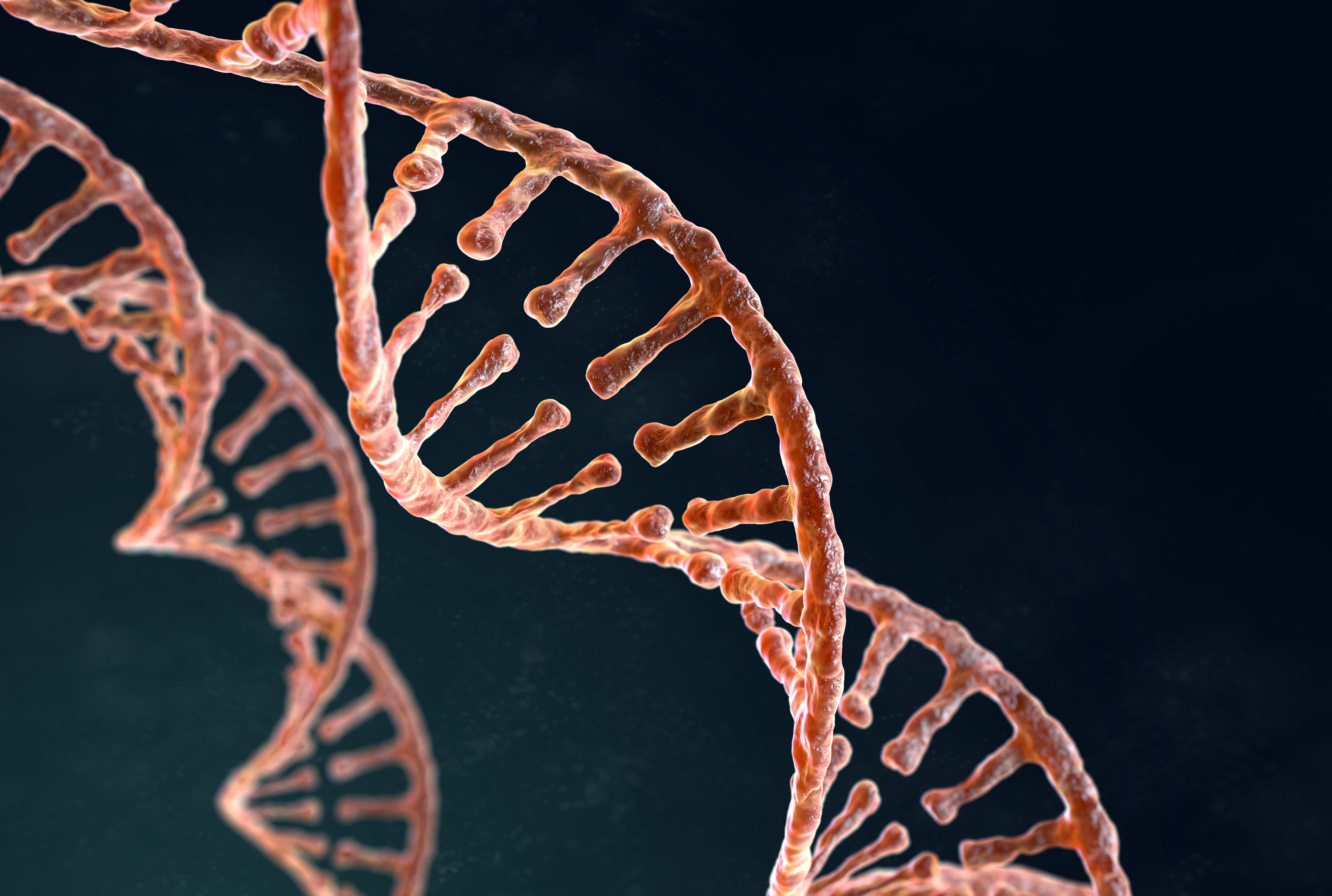- Agriculture
- Antibiotic/anti-viral
- Biologics
- Biomarkers
-
By Clinical Application
- Anesthesiology
- Blood & Lymphatic Disease
- CNS & Neurosciences
- Dermatology
- Diabetes, Metabolism, Endocrinology & Obesity
- Ear, Nose, & Throat
- Emergency Services
- Gastroenterology & Digestive Disease
- General & Plastic Surgery
- Health Education, Medical Training and Operations
- Heart and Vascular
- Immunology, Autoimmune & Inflammation
- Infectious Diseases
- Mental Health
- Multiple clinical applications
- Musculoskeletal Disorders, Orthopedics/Bone
- Nephrology/Renal
- Oncology
- Ophthalmology
- Orphan Diseases
- Pediatrics
- Physical Medicine & Rehabilitation
- Radiology
- Regenerative Medicine / Tissue Engineering x
- Reproductive Health: Obstetrics & Gynecology
- Respiratory & Pulmonary
- Surgery
- Transplantation
- Urology
- Wound Healing
- COVID-19
- Creative Works
- Diagnostics
- Drug Delivery
- Drug screening and discovery
- Energy, Cleantech & Environmental
- Engineering & Physical Sciences
- Gene therapy
- Imaging
- Materials
- Medical Devices
- Nutraceuticals
- Other
- Research & Design Tools
- RNAi/siRNA
- Sensors & Controls
- Small molecules
- Software & Information Technology
- Stem Cells
- Vaccines
- Veterinary Medicine
Gene therapy for long-term treatment of GSDIa
Unmet Need Glycogen storage disease type Ia (GSDIa), or von Gierke disease, is a rare heritable metabolic disorder that impacts the liver and kidneys due to an inability to break down glycogen. An estimated 1…
Methods and formulation to improve cellular survival of thawing after cryopreservation
Unmet Need Cryopreservation is the main method of long-term storage and transport of living cells, and it is used for cell lines and patient samples such as stem cells, CAR-T cells, bone marrow, cord blood,…
Tunable elastomer-like polymers for use in soft tissue regeneration and drug delivery
Unmet Need Biodegradable synthetic polymers are often used as scaffolding or support materials in tissue engineering and regenerative medicine. However, many of the materials that have been used widely, such as PLLA and PCL, do…
Biodegradable, elastomeric copolymers that can be used in continuous digital light processing 3D printing applications
Unmet Need The global market for 3D printing, or additive manufacturing, is growing rapidly with a compound annual growth rate of approximately 22.0% predicted to occur until 2024. Medical and dental products account for about…
Biomaterial therapy for healing brain tissue after ischemic stroke
Unmet Need Ischemic stroke affects 692,000 patients annually in the United States, and can result in paralysis and complications related to cognition and motor function. After a stroke, scarring and atrophy can occur at the…
Biomaterial pouch for long-term xenogeneic cell transplantation
Unmet Need Cell therapy is an exciting therapeutic approach that is growing rapidly – there are more than 1,000 cell therapy clinical trials that are currently active in many different fields like oncology, neurology, hematology,…
A method for treating critical limb ischemia and other ischemic injuries
Unmet Need The most severe stage of peripheral artery disease, a chronic vascular disease characterized by impaired circulation to patients’ lower extremities, is critical limb ischemia (CLI), and it affects approximately two million people in…
An injectable hydrogel scaffold that delivers gene therapies locally
Unmet Need Gene therapy has applications ranging from tissue engineering to vaccine development to infectious disease. Most approaches to deliver nucleic material involve the systemic intravenous delivery of condensed nucleic acid (e.g., within a virus…
An implanted biomaterial to accelerate bone healing
Unmet Need A leading concept in regenerative medicine is transplantation of tissue-specific cells, often supported with biomaterials, to promote tissue repair. While this strategy has achieved some success, its broad clinical application is hindered by…
Genetically encoded hybrid biomaterials that are thermally responsive and tunable
Unmet Need Developing new biomaterials is an active area of research, with applications in tissue engineering, regenerative medicine, and drug-delivery. In particular, protein- and peptide-based materials are attractive candidates for these applications because of their…
Methods for ablating niche cells in testis
Value Proposition Infertility affects 10-15% of couples and up to 50% of these cases are due to the male partner. While the largest proportion (30%) of these cases are idiopathic with no known causes and…










